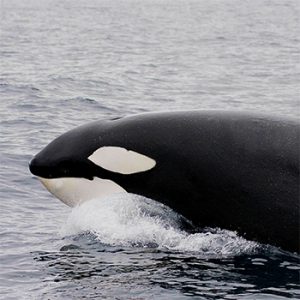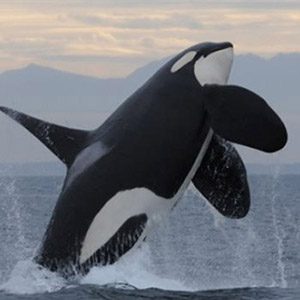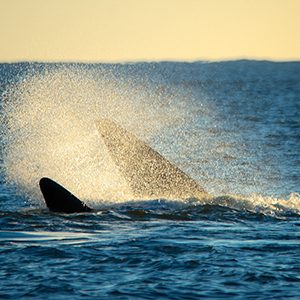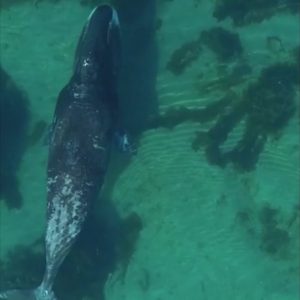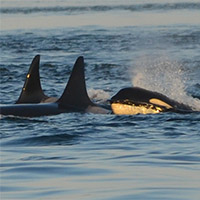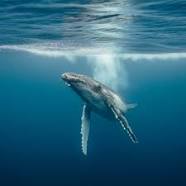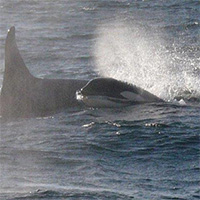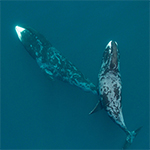Climate change fuels accumulation of pollutants in Chinook salmon, killer whales
Southern resident killer whales that exist along the Pacific Northeast Coast eat Chinook salmon, and these two predators are impacted by increased pollutant bioaccumulation driven by climate change
DFO announces funding for research on Southern Resident Killer Whales
Andrew Trites and Brian Hunt are co-PIs on the project to examine how changes in the food web affect the abundance and quality of Chinook salmon in critical habitat areas of the Southern Resident Killer Whale
IOF meets with Ambassador of Uruguay to Canada
The group worked on the project proposal for “Cetaceans and Ocean Health in South America: Developing Regional Capacities and Coordination for Mercury Research, Biomonitoring and Mitigation”.
Bowhead whales come to Cumberland Sound in Nunavut to exfoliate
“Cumberland Sound serves as a habitat for feeding and moulting,” said Sarah Fortune, a PhD student at UBC’s Institute for the Oceans and Fisheries.
Apex marine predators affected by human-made pollutants and climate change
Human contaminants, exacerbated by climate change, are impacting polar bears, killer whales.
Andrew Trites and David Rosen go to Ottawa
They addressed Bill S-203, An Act to amend the Criminal Code and other Acts (ending captivity of whales and dolphins), in front of the Senate Standing Committee on Fisheries and Oceans.
“Whale breath” reveals bacteria threatening endangered killer whales
Bacteria including salmonella and fungi such as penicillium were found in the whales.
Aerial drone offers insights into bowhead whale behaviour
Research team, including UBC zoology PhD candidate Sarah Fortune, undertook what is believed to be the first intensive effort to study bowhead whales with the use of an aerial drone in the Eastern Canadian Arctic.
